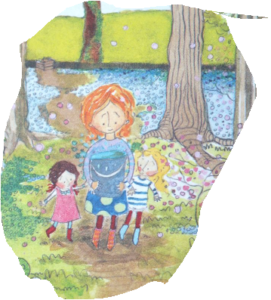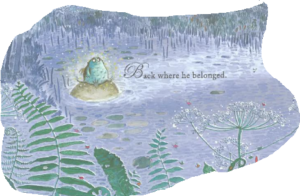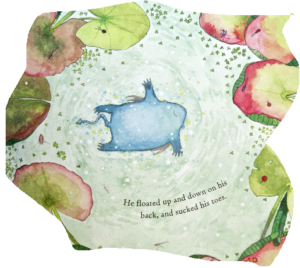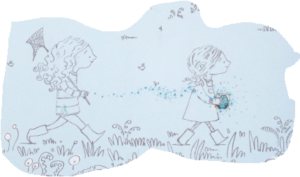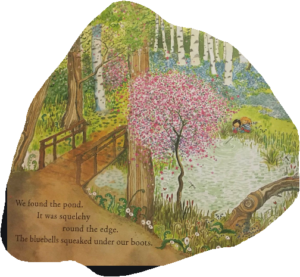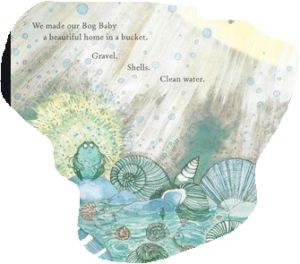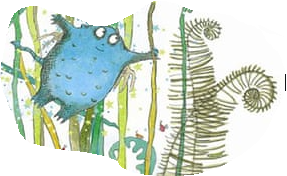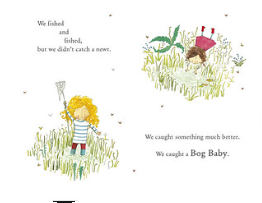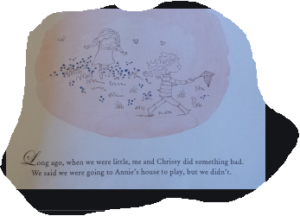27 April 2020: Home learning
Hello, Year 1
I hope you had a good weekend and enjoyed the sunshine as much as possible.
There is a slight change to how the tasks are presented. I will now post a link to some of the tasks so that those who want to, can print them off. Obviously, there is no expectation to print off the sheets but I feel it’s an easier way to view the learning.
I hope that makes sense.
Here is today’s learning:
Good luck with today’s tasks. Let me know if you have any problems.
27 April 2020: Home learning
Happy Monday, everybody!
As you may know, there have been changes to the home learning (such as the time it is posted and the amount of writing tasks) as we have gone along and this is thanks to your feedback – we greatly appreciate any feedback you may have so please don’t hesitate to let us know!
Moving forward, there will be instances of lessons from BBC bitesize and other similar websites. Also, there will be lessons which simply feature a video of your teacher teaching some of the different home learning subjects, too!
Before we crack on with today’s learning, here are the answers for the learning that took place on Friday.
Y5 Maths
The BBC maths challenge, which was the task for Friday, will contain the answers from Monday and can be found by clicking here.
Y5/6 Geography
The six-figure grid references answers can be found here.
Today’s learning…
Y5 Maths – LO: multiplication and division
Following on from our addition and subtraction learning on Thursday, today’s learning looks at multiplication and division. Click here for today’s task.
Look at Q9. Write your own clues for a number of your choice. Send them in via email and we can challenge the rest of the class!
Chapter Eleven Part 1
24 April 2020: Home learning
Hello
How did you get on yesterday?
Today, your tasks are reading, maths and writing/spelling.
Task 1
Reading
LO: I understand what I have read.
You will need this week’s fluency text in front of you. There are 4 questions to answer.
 Welcome aboard this tour of London, the capital city of England. Below us, over eight million people are living and working in one of the most exciting cities in the world. The famous River Thames flows through the city and it is full of slimy eels and oysters. Would you like to try some? Beside the Thames, you can see the tower of London, where the crown jewels are kept, and over in the distance is Buckingham Palace, where the Queen and the rest of the royal family live. Underneath the ground, in London, is a railway network known as the ‘tube’. What a fantastic city this this!
Welcome aboard this tour of London, the capital city of England. Below us, over eight million people are living and working in one of the most exciting cities in the world. The famous River Thames flows through the city and it is full of slimy eels and oysters. Would you like to try some? Beside the Thames, you can see the tower of London, where the crown jewels are kept, and over in the distance is Buckingham Palace, where the Queen and the rest of the royal family live. Underneath the ground, in London, is a railway network known as the ‘tube’. What a fantastic city this this!
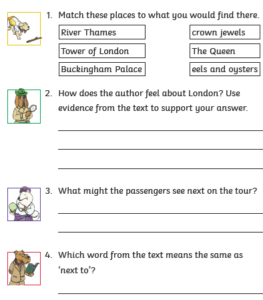
Task 2
Maths
There are two activities for your times tables test. Please complete them by yourself and then ask an adult to mark them for you.
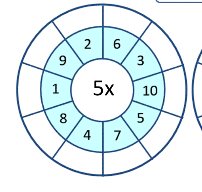
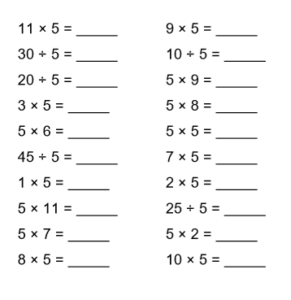
LO: I can recognise a quarter.
This lesson (4) is on the link below.
https://whiterosemaths.com/homelearning/year-2/
Challenges
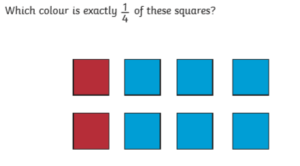
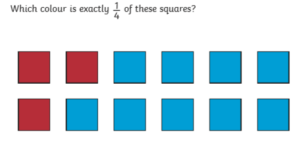
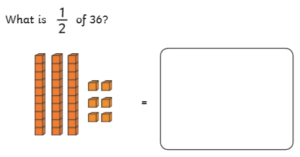 Show your working out.
Show your working out.
Well done!
Take a break.
Task 3
Writing
Spelling – Drop the y for an i.
Please test the children on the coloured words. It often helps to put the word into a sentence.
Lots of babies were in the park.
| lorry | family | party | cherry | city | baby | lady | worry |
| lorries | families | parties | cherries | cities | babies | ladies | worries |
LO: adjectives
You have done a lot of writing this week – well done!
Today, you are going to need your adjective head on!
We are going to think about where bog baby lives.
I wonder what it is like?
Choose one of the settings below and list adjectives to describe it. If you are feeling artistic, then draw the setting into your book and put your adjectives all around it.
Remember to write the noun you are describing.
dripping water
buzzing bees
soft breeze
drifting clouds
Think about using your 5 senses.
- hear
- smell
- see
- taste
- touch
Close your eyes and listen to these woodland sounds.
Well done!
You have worked hard this week. Mrs Freeman and Mrs Taylor are very proud of you all!
24 April 2020: Home learning
Happy Friday, everyone!
We have been listening to your feedback so today’s tasks are again made up of maths, reading and geography! We will be setting much, much less writing tasks. Check out the post from Mr Roundtree. Feedback, comments and concerns are always welcome and greatly appreciated.
(Remember to tune in on Monday for the movie premiere of Y6 #HoHLF!)
Y6 Maths – yesterday’s answers.
Y6 Maths – LO: rounding decimals
Good news! Lots of companies/TV channels/other educational groups are coming together in these strange times! As you may know, one of these is BBC Bitesize (who have even enlisted some well-known names to help them teach a variety of subjects, so keep your eyes peeled in future for those!). I thought we’d give one of these BBC Bitesize sessions a go today! Let me know your thoughts!
Your task today is about rounding decimals. There are three videos to watch (one is a recap of tenths, first) and then there are two activities underneath that I’d like you to complete. I would like you to do activity two – Jerry and Albert’s shopping list – and activity three – the dinosaur decimal challenge.
You could email me with a screen shot of your best scores, a photo of you completing the activities, or your top tips for someone else.
Challenge
Complete activity one – move & learn. It does require some resources but if you haven’t got them, you could make your own! The important thing is this challenge is that you’re practising this maths skill but doing it in a very active way!
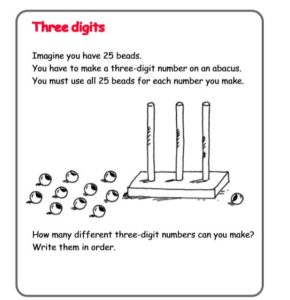
Your reading today is a little bit different! As you all know, we’re living through something that will go down in history for our children and children’s children to learn about!
Today’s task is to create a time capsule to record a snapshot of what is happening at the minute, how people are feeling and what we’re all getting up to in these strange times. The idea is that you bury or keep your time capsule somewhere hidden and then dig it up or look through it again in a number of years eg 2030, a decade after this famous year.
First, you must read this Time Capsule ‘How To’ guide.
Finally, click here to see what the time capsule could look like. Feel free to print this one (don’t worry if you can’t), copy some of the things down into your home learning book, or change or adapt it to create your own. It’d be great to complete this with your family so everybody’s feelings and thoughts are captured!
Challenge
Improve your time capsule by adding in other objects such as photos, games or a newspaper! You could even make your own box (although an old shoe box works just fine).
A grid of squares helps the map-reader to locate a place. The vertical lines are called eastings. They are numbered – the numbers increase to the east. The horizontal lines are called northings as the numbers increase in an northerly direction.
Things to remember:
When you give a grid reference, always give the easting first: “Along the corridor and up the stairs“.
If you need a little bit of extra help, then you can click on this link: https://www.bbc.co.uk/bitesize/guides/z6j6fg8/revision/4 and it will refresh your mind back to class in December!
Today’s task:
1) Click here to access today’s first task. If you need any help at all or simply just have a question, please email me.
2) Click here for the map symbols for your story. Your task is to create a short story (a paragraph at the most) which substitutes some words and replaces them with map symbols.
Here is an example to help you.
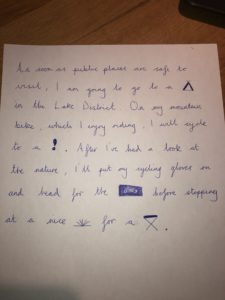
24 April 2020: Home learning
Good morning, Year One!
Before we move on to today’s task, I want to say well done for settling back into home learning so well after the Easter break. I’ve had some fantastic reports from your parents! Keep it up 🙂
Now, onto today’s tasks…
Reading
Today’s reading task is phonics.
The list of words below all contain the ‘ai’ phoneme. However, ‘ai’ is represented in many different graphemes.
Your task is to read the words and sort them into the correct grapheme.


Maths
Today’s maths task is ordering numbers within 50.
In today’s task we will be ordering numbers using the language, ‘largest’, ‘smallest’, ‘more than’, ‘less than’, ‘least’, ‘most’ and ‘equal to’.
I’m going to order the numbers below from largest to smallest using inequality symbols.
> largest to smallest
25 36 41 40
I’m going to look for which number has the most tens. That’s 41 and 40 as they both have 4 tens. Because they both have the same amount, I’m going to look at the ones column. 41 has one one and 40 has zero ones. Therefore, 41 is the larger number. Then I look at the next two numbers. 36 has more tens than 25 so that must be the next biggest. Finally, 25 is the last number I have and it has the least tens.
41 > 40 > 36 > 25
Have a go at the ones below, ordering them from greatest to smallest using the inequality sign.
49 32 23 12
28 21 36 47
26 11 31 40
20 30 45 25
Now, I’m going to order the numbers below from smallest to largest using equality symbols
< smallest to largest
19 29 31 17
I’m going to do the opposite of what I did last time. I’m going to look for which number has the least tens. That is 19 and 17. They both have the same tens so I’m going to look to see which one has less ones. 7 is less than 9 so 17 must be the smallest number. Then, I look at the next two numbers. 29 has less tens than 31 so that is the next smallest number. 31 is the number that is left. It is also the largest because it has the most tens.
17 < 19 < 29 < 31
Have a go at the ones below, ordering them from greatest to smallest using the inequality sign.
13 31 45 21
41 34 29 19
17 18 28 10
49 39 24 42
Challenge:
Fill in the missing numbers.
34 > __ > 12 > 4
__ > 31 > __ > 22
12 < 24 < __ < 45
__ < 23 < __ < 31
Music
I’m sure you’re all missing music lessons on a Wednesday afternoon!
To keep your singing voices in tune (just like mine), follow the link below and complete the music lesson.
https://www.bbc.co.uk/bitesize/articles/z4fgrj6
It would be great to see some of your singing efforts.
Good luck, Year One!
24 April 2020: Home Learning
Hello,
Another week is nearly done. Can’t believe how quickly and slowly the weeks are passing. Thanks for all your support this week. I hope you’ve got on okay.
Here are the answers from yesterday’s learning:
4. Reading – Tree booklet non-fiction ANSWERS
Here’s today’s learning:
The reading learning is our usual Love of Reading session. Grab a book and enjoy reading (if possible with or alongside an adult). Chat about what you’re reading.
Geography Home Learning Crossword
Hi everybody,
On the crossword, Scafell Pike is accidentally spelt ‘Scarfell Pike’ with an accidental ‘r’.
If you add in the ‘r’, the words on the crossword should all fit.
Do please write the correct spelling underneath so you don’t make the same mistake I did!
Mr Wain
23 April 2020: Home learning
Here are the answers from yesterday’s learning:
3. Reading – Beautiful Blossom non-fiction ANSWERS
Here’s today’s learning:
23 April 2020: Home learning
Happy Thursday everyone!
We hope that your week is going well. Please remember to check out our class news page on the school website. There are some useful ideas to help with home learning and lots of photos too.
Thank you to all those who are sending in work and (more importantly) keeping in touch. We would like to hear from everyone and, this two way communication, is incredibly important for the children. 
Today’s tasks are geography, maths and writing.
Task 1
Geography
This lesson is on the BBC Bitesize website and fits perfectly with our new topic – Explorers.
Learn about the four countries of the UK and their capital cities.
This lesson includes:
-
a video to help you understand a map of the UK and its four countries
-
descriptions of the seasons and basic geographical terms
-
two practice activities
https://www.bbc.co.uk/bitesize/articles/z42pnrd
Task 2
Maths
Have some fun with your 5 times table!
https://www.youtube.com/watch?v=LZAqhF_2vvs x five tables
LO: arrays and related facts
Children will explore multiplication using arrays. Arrays are sets of objects arranged in rows and columns to make a rectangle. Help your child recognise arrays in the real world. Egg boxes, ice cube trays, and windows in a building can all be arrays.
You could play a game with your child to spot arrays when you are travelling to school or going on a walk. It could also be a good idea to ask your child to build arrays from small objects like grapes or buttons. Can they arrange the objects into different arrays? For example, 6 objects can be made into several different arrays: 

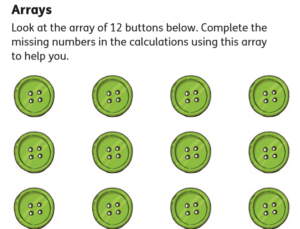

Can you go on an array hunt?
Send your arrays to us.
In Year 2, children will solve multiplication and division problems using the 2, 5, and 10 multiplication tables. They will use the ‘×’, ‘÷’, and ‘=’ symbols to record calculations.
Your child will be introduced to times tables at school. The focus this year is on the 2, 5, and 10 times tables.
Find out what multiplication facts your child already knows, and then see if they can work out more. For example:
Children might know that 5 × 7 = 35.
From this, they can work out related division and multiplication facts: 35 ÷ 7 = 5, 35 ÷ 5 = 7 and 7 x 5 = 35.
Have a go at finding 3 related facts for each of these.
Remember, two multiplication and two division facts.
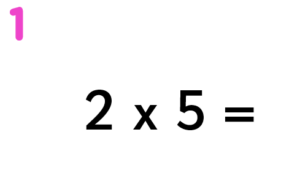
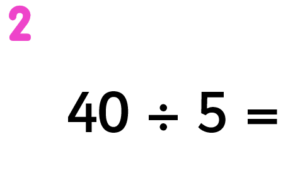
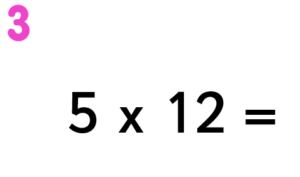
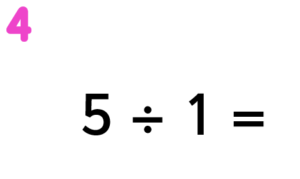
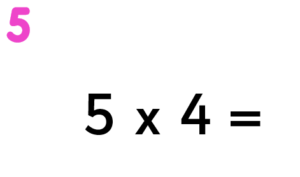

Challenge
Use real five pence pieces to help.
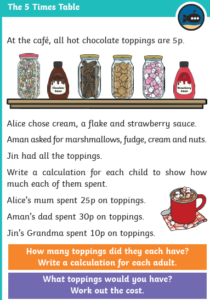
Task 3
Writing
LO: To sequence events in a story.
The Bog Baby
Have a look at the pictures below.
You task is to put them into the correct order by numbering them.
In your book, write the number of the picture and then a sentence of what is happening in that part of the story. You only need to write one sentence for each picture.
If you’d like to draw your own sketches to go with your sentences then they need to match the ones below.
